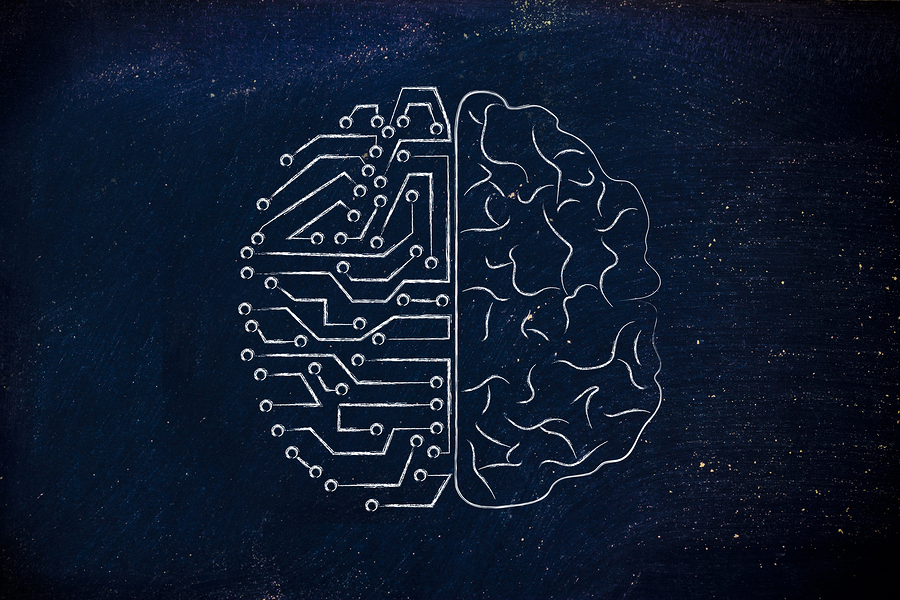
Robohub.org
White House report: Artificial intelligence, automation, and the economy

The White House released a new report on the ways that artificial intelligence will transform the US economy over the coming years and decades.
Below is shortened version from the original post.
On December 20, In order to ready the United States for a future in which artificial intelligence (AI) plays a growing role, the White House released a report on Artificial Intelligence, Automation, and the Economy. This report follows up on the Administration’s previous report, Preparing for the Future of Artificial Intelligence, which was released in October 2016, and which recommended that the White House publish a report on the economic impacts of artificial intelligence by the end of 2016.
Accelerating AI capabilities will enable automation of some tasks that have long required human labor. These transformations will open up new opportunities for individuals, the economy, and society, but they will also disrupt the current livelihoods of millions of Americans. The new report examines the expected impact of AI-driven automation on the economy, and describes broad strategies that could increase the benefits of AI and mitigate its costs.
AI-driven automation will transform the economy over the coming years and decades. The challenge for policymakers will be to update, strengthen, and adapt policies to respond to the economic effects of AI.
Although it is difficult to predict these economic effects precisely, the report suggests that policymakers should prepare for five primary economic effects:
- Positive contributions to aggregate productivity growth;
- Changes in the skills demanded by the job market, including greater demand for higher-level technical skills;
- Uneven distribution of impact, across sectors, wage levels, education levels, job types, and locations;
- Churning of the job market as some jobs disappear while others are created; and
- The loss of jobs for some workers in the short-run, and possibly longer depending on policy responses.
In the cases where it is possible to direct mitigations to particularly affected places and sectors, those approaches should be pursued. But more generally, the report suggests three broad strategies for addressing the impacts of AI-driven automation across the whole U.S. economy:
- Invest in and develop AI for its many benefits;
- Educate and train Americans for jobs of the future; and
- Aid workers in the transition and empower workers to ensure broadly shared growth.
Read the entire White House summary here.
Download the PDF report here.
You can also read these articles about AI and the White House:
- White House launches public workshops on AI issues
- White House releases reports focusing on opportunities and challenges of AI
- White House economic report looks to robotics for the future
- We the Geeks: Whitehouse hangouts celebrate robots, maker culture and more
See all the latest robotics news on Robohub, or sign up for our weekly newsletter.
tags: AI, Artificial Intelligence, Automation, c-Business-Finance, economics, robotics, robots, White House




